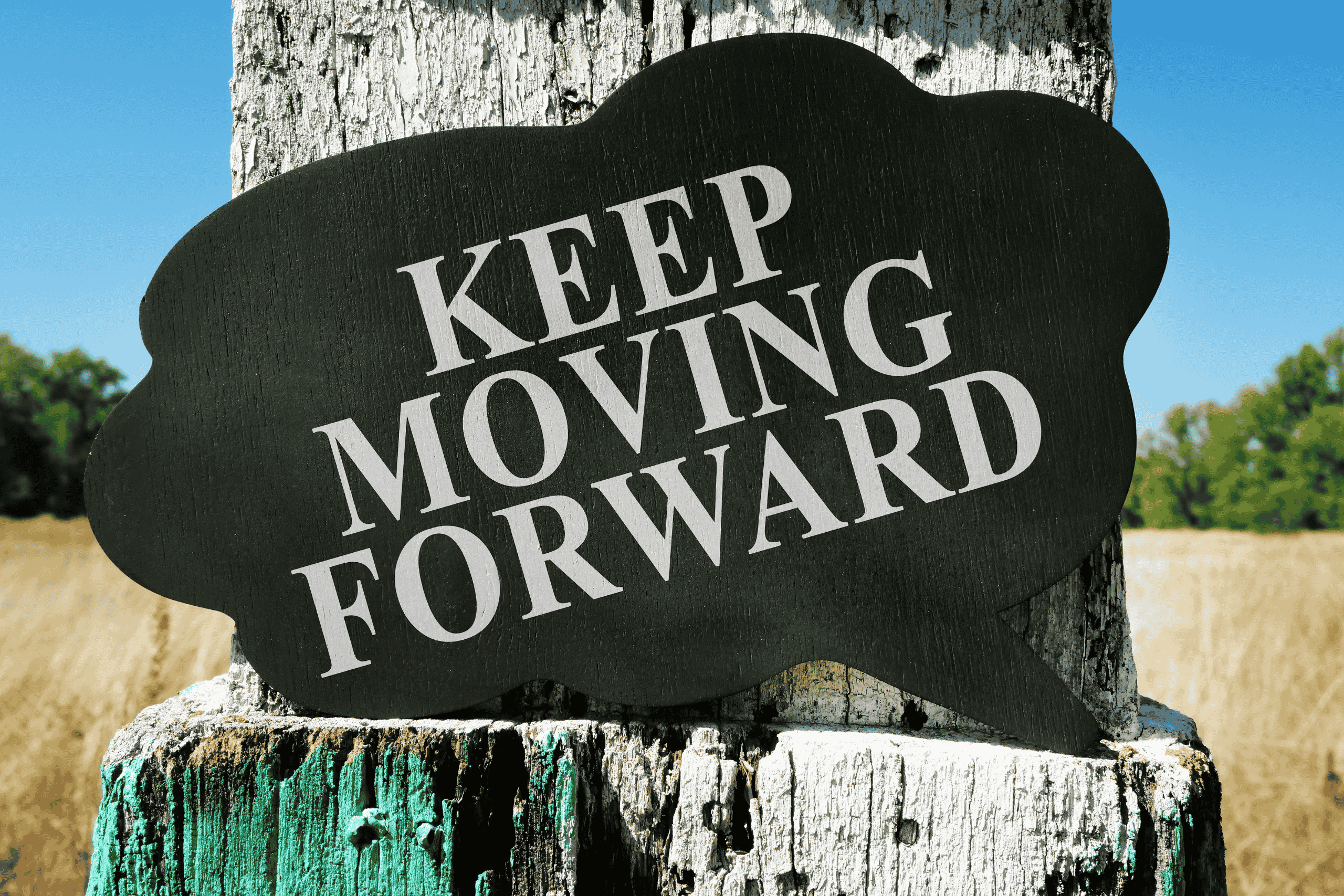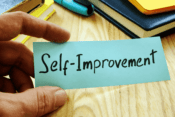
How to Succeed at self Improvement
I remember this one time, I decided to run a marathon. I hadn’t trained, I wasn’t in shape, and my pre-race meal consisted of a questionable gas station hotdog. Unsurprisingly, I crashed and burned spectacularly. Mile 10 found me limping, questioning my life choices, and vowing never to attempt anything athletic again. The experience, though painful, taught me a valuable lesson: achieving anything worthwhile, whether it’s crossing a finish line or becoming a better version of yourself, requires planning, effort, and a whole lot of self-discipline. Just like training for a marathon, self-improvement is a journey, not a sprint. It’s about setting realistic goals, building positive habits, and consistently working towards the person you want to become.
This blog post is your training guide for the marathon of self-improvement. We’ll explore actionable strategies, drawing inspiration from experts and research, to help you navigate this journey successfully.
Understanding the Landscape: What is Self-Improvement?
Self-improvement is the ongoing process of enhancing various aspects of your life—personal, professional, social, or spiritual—to become a better version of yourself. It’s about consciously identifying areas where you want to grow and taking steps to achieve that growth. It’s not about perfection but about progress. As renowned psychologist Carl Rogers emphasized, “The good life is a process, not a state of being. It is a direction, not a destination.”
Setting Your Course: Goal Setting for Self-Improvement
Just like a marathon runner needs a training plan, you need clear goals to guide your self-improvement journey. These goals should be SMART:
- Specific: Define exactly what you want to achieve. Instead of “becoming more confident,” aim for “confidently presenting project updates to my team.”
- Measurable: How will you know you’ve achieved your goal? For example, “presenting project updates without excessive nervousness, as judged by my own self-assessment and feedback from colleagues.”
- Achievable: Set realistic goals that you can actually accomplish. Don’t try to overhaul your entire life overnight.
- Relevant: Your goals should align with your values and overall life aspirations.
- Time-bound: Set a deadline for achieving your goal. This creates a sense of urgency and helps you stay on track.
Fueling Your Journey: Cultivating Positive Habits
Habits are the building blocks of self-improvement. James Clear, in his bestselling book Atomic Habits, highlights the importance of starting small and focusing on building systems rather than just goals. He suggests the “two-minute rule,” where you scale down a desired habit until it takes only two minutes to do, making it easier to stick to. For example, if you want to develop a reading habit, start by reading just two pages a day.
Here are some strategies for cultivating positive habits:
- Identify triggers: What cues lead to your current habits, both good and bad?
- Make it obvious: Design your environment to make your desired habits more visible.
- Make it attractive: Link your new habit to something you enjoy.
- Make it easy: Reduce the friction involved in performing the habit.
- Make it satisfying: Reward yourself after completing the habit.
Overcoming Obstacles: Dealing with Challenges and Setbacks
The road to self-improvement isn’t always smooth. You’ll inevitably encounter challenges and setbacks. It’s crucial to develop resilience and learn from your mistakes. Dr. Carol Dweck’s research on growth mindset emphasizes the importance of viewing challenges as opportunities for growth rather than as signs of failure. Embrace the learning process, and don’t be afraid to ask for help when you need it.
The Power of Mindfulness and Self-Reflection
Mindfulness, the practice of paying attention to the present moment without judgment, can be a powerful tool for self-improvement. It allows you to become more aware of your thoughts, feelings, and behaviors, which is essential for making positive changes. Regular self-reflection, through journaling or meditation, can help you identify patterns, track your progress, and gain valuable insights into yourself.
Resources and Inspiration: Learning from Others
There’s a wealth of resources available to support your self-improvement journey. Here are a few recommendations:
- Books: Atomic Habits by James Clear, Mindset by Carol Dweck, The 7 Habits of Highly Effective People by Stephen Covey, Daring Greatly by Brené Brown.
- Blogs: Zen Habits, The Positivity Blog, Mind Body Green.
- Journals: Journal of Personality and Social Psychology, Motivation Science.
- Podcasts: The Tim Ferriss Show, Happier with Gretchen Rubin.
Expert Opinions and Fun Facts
- Expert Opinion: “Self-improvement is not a destination, but a journey. It’s a continuous process of learning, growing, and evolving.” – Dr. Phil McGraw.
- Fun Fact: Did you know that practicing gratitude can significantly improve your well-being? Research has shown that regularly expressing gratitude can boost happiness, reduce stress, and even improve sleep
The Ongoing Journey: Embracing Continuous Growth
Self-improvement is not a one-time project but a lifelong commitment. It’s about embracing the journey of continuous growth and becoming the best version of yourself, one step at a time. Just like a marathon runner keeps training even after crossing the finish line, you should continue to strive for self-improvement throughout your life.
Conclusion: Your Marathon Awaits
Remember that marathon I mentioned at the beginning? Well, I haven’t run another one yet. But the lessons I learned from that disastrous attempt have stayed with me. Self-improvement is much the same. It might be challenging at times, you might stumble and fall, but the journey itself is incredibly rewarding. So, lace up your metaphorical running shoes, set your goals, and embark on your own unique marathon of self-improvement. The finish line might be far off, but every step you take brings you closer to the person you’re meant to be.
References:
- Clear, J. (2018). Atomic Habits. Avery.
- Dweck, C. S. (2006). Mindset: The New Psychology of Success. Random House.
- Covey, S. R. (1989). The 7 Habits of Highly Effective People. Simon & Schuster.
- Brown, B. (2012). Daring Greatly. Gotham Books.
- Rogers, C. R. (1961). On Becoming a Person: A Therapist’s View of Psychotherapy. Houghton Mifflin.












